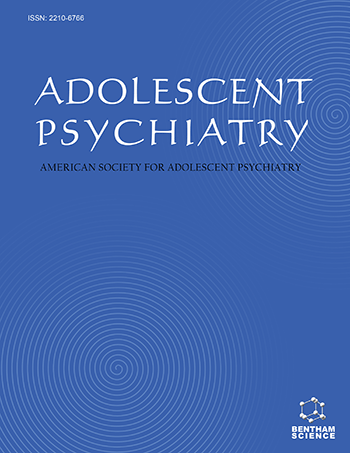Abstract
Objective: The objective of this project was to investigate the online behaviors of adolescent and adult populations with respect to mental health information seeking, and identify differences in approaches within age groups and geographical location.
Method: This content analysis approach identified and mapped patterns in online conversations. The search data was able to quantify who was looking for teen mental health information, where they were looking, and what they were looking for. Additional analysis included the preferred format of information presentation and how mental health searches varied over time.
Results: The results of the analysis revealed that between 2006 (baseline) to 2010, a 200% increase in online activity regarding mental health was identified. Adults were most likely to ignite (initiate) conversations online about depression, followed by: anxiety, doctors, suicide, treatments, and OCD. For teens, depression was also the most ignited topic area, followed by: anxiety, alcohol, suicide, sexting and marijuana. While adults were often seeking information about the disorders and treatment options, teens tended to discuss concerns through the use of personal stories.
Conclusion: This research provides insight into how digital and social media can be used to engage both youth and adult discussions about mental health. We report substantive audience driven differences that can inform the development of targeted mental health knowledge translation methods and activities. A broader understanding of the key mental health topics of interest was garnered, in addition to how online use varied between audiences. These results have several implications for mental health knowledge translation including tactics to connect with various stakeholders.
Keywords: Digital media, knowledge translation, mental health, online behavior, online health promotion, social media, teens.



























